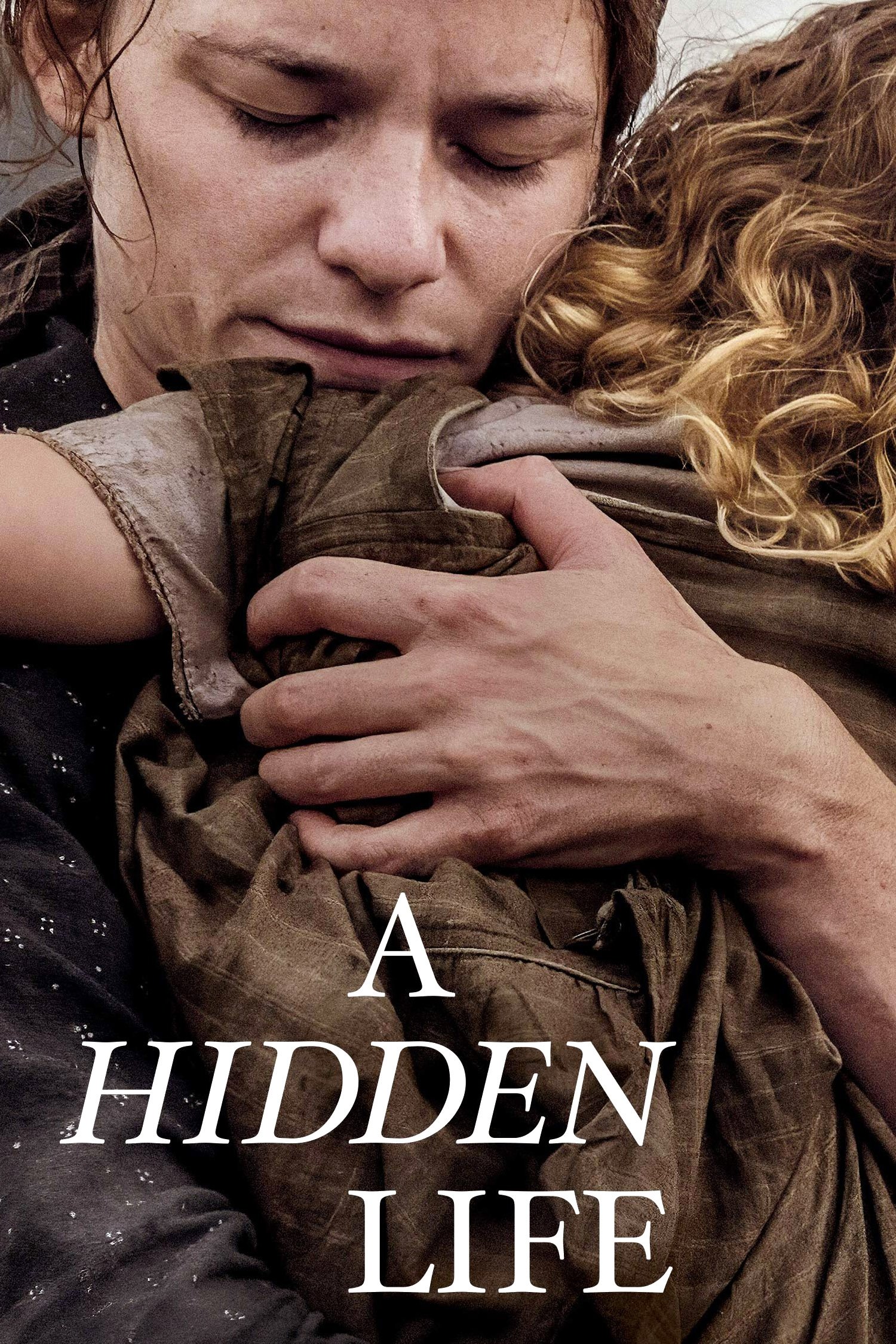

Though his wife struggles with Franz’s decision, her love for him never wavers. Franz and his wife are of one mind and heart. But there is a lightness to their family life, too. Love and joy: Family life in the Jägerstätter household is not without hardship and squabbles and the mundane. The eternal is always before them, and it helps them see what is important in the here-and-now. The beauty of the natural landscape is imposing and austere, and because they shape their lives around the natural rhythms of the world, they recognize that their lives are passing. That beauty is an important signifier in this story - at a number of points, we join Franz and his wife taking in the grandeur of the rocky peaks and green valleys. It really feels like a retreat to spend three hours on this small mountain farm. Life is not something to grasp and wrangle to his own ends - he sees his life as part of a larger whole that commands his attention and respect and gratitude.īeauty: The Alps are a stunning backdrop for this film. He sees life as a gift and is grateful for it.

Throughout the film, Franz drinks in moments of quiet joy. He wouldn’t have paid attention to it in his normal life, but here he sees it and realizes he needs it. Gratitude: Franz notices the green grass when he’s in prison, and also notices that he notices it. If you are ready to think - and more importantly, feel - along with Franz in this film, you’ll notice some distinctive habits and dispositions that allowed him to live with such integrity. It’s going to ask something of you - be ready to give it.
#A hidden life movie#
So, don’t go to this movie when you’re tired. And it all gives us time to think, to contemplate. We hear the distinctive sound of a scythe harvesting grain.

We hear the drunken tirades of the town’s mayor over beers in the square. We see the small quiet moments with his family. Malick is showing us how Franz formed his conscience, and in the process - as we think and feel with Franz in his daily life in a small village in the Alps - our consciences are being formed as well.

He treats us like adults - he uses beauty and voice-overs and lingering panoramas to inspire reflection. He’s not going to use plot and character to string our attention along. He wants to create a vision with us - he expects us to think in this film, so his methods of storytelling are different. Malick isn’t interested in entertaining us. Malick films are notorious for confusing viewers - people expecting to see the same kind of movie as Avengers or Star Wars end up walking out or demanding a refund. That alone should caution us that it is not a typical popcorn flick. There are just a few things you should know before you go. Malick made it to give us the resources we need to live with integrity. This imprisons his body, but liberates his spirit, and because he sees his life against the horizon of eternity, he holds fast and endures. Though his decision makes no sense to almost everyone else, Franz clings to what is right and will not let go of it. That kind of vision and freedom is punished because it is dangerous - it overturns the logic of power and control by which the world runs. In A Hidden Life, Malick shows us a vision of what such goodness looks like - what it costs, and what it gives us in return: freedom. It takes place in decisions and actions that few, if any, ever see. The work of becoming a good person - a person of integrity, like Franz - is done mostly in secret. The film reveals the process by which Franz developed and held his position, and the ways in which his resistance impacted his family, friends, and even his enemies.įor anyone serious about enriching their interior life, this movie is an overflowing treasure chest. Franz lived in a farming village in Austria, had a wife and three daughters, and was killed for his refusal to cooperate with the Nazi regime. Malick’s new film, A Hidden Life, tells the story of Franz Jägerstätter, conscientious objector to the Third Reich. Terrence Malick isn’t out to change our minds.


 0 kommentar(er)
0 kommentar(er)
